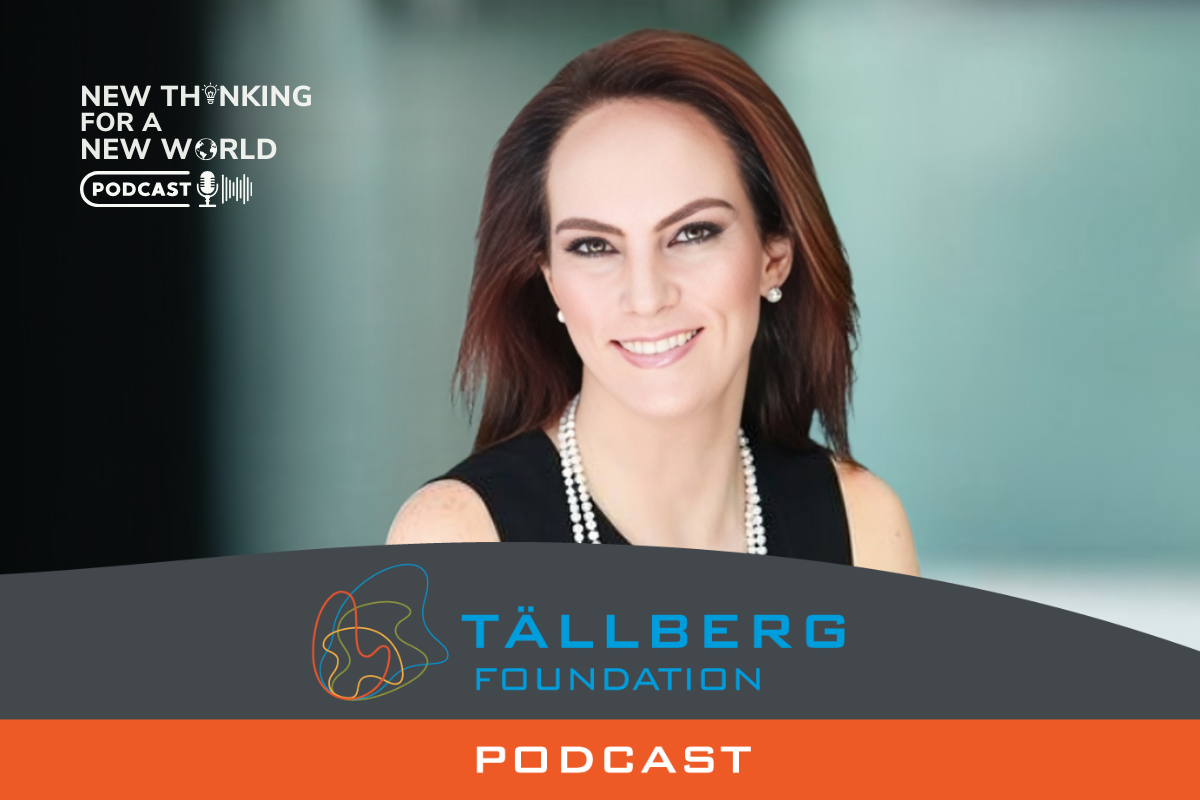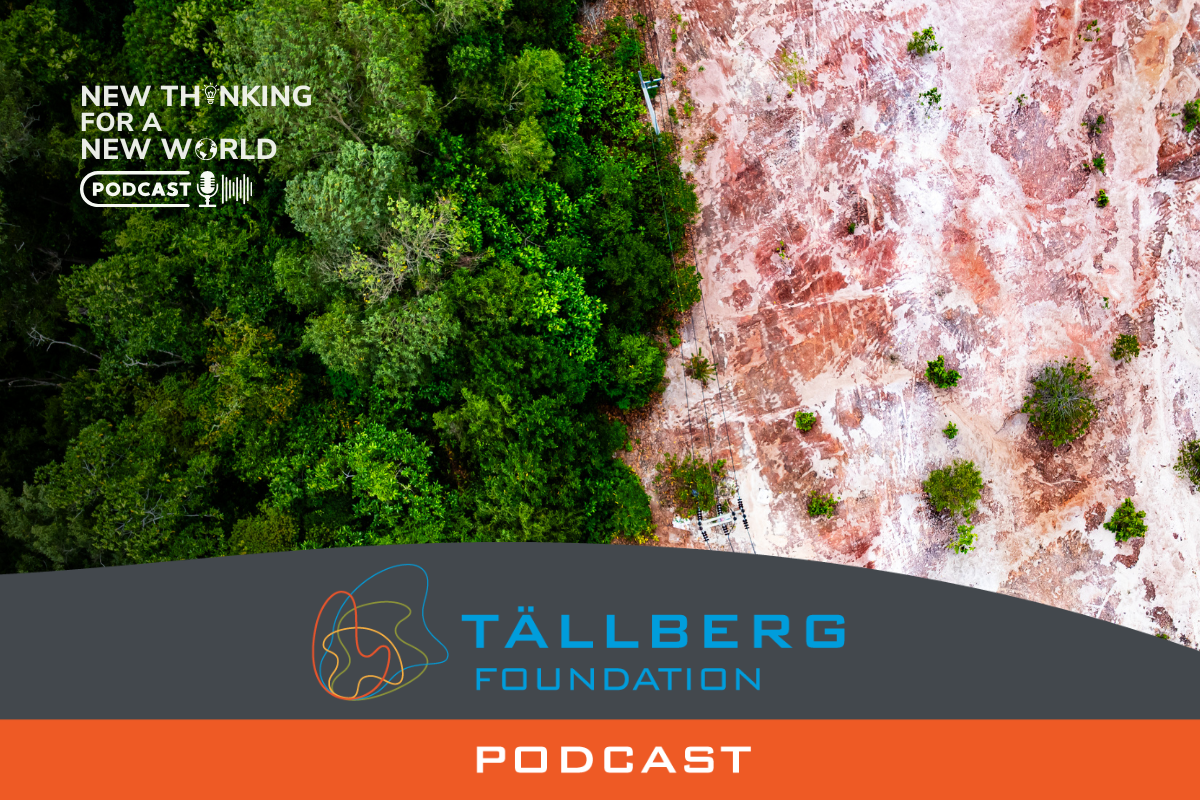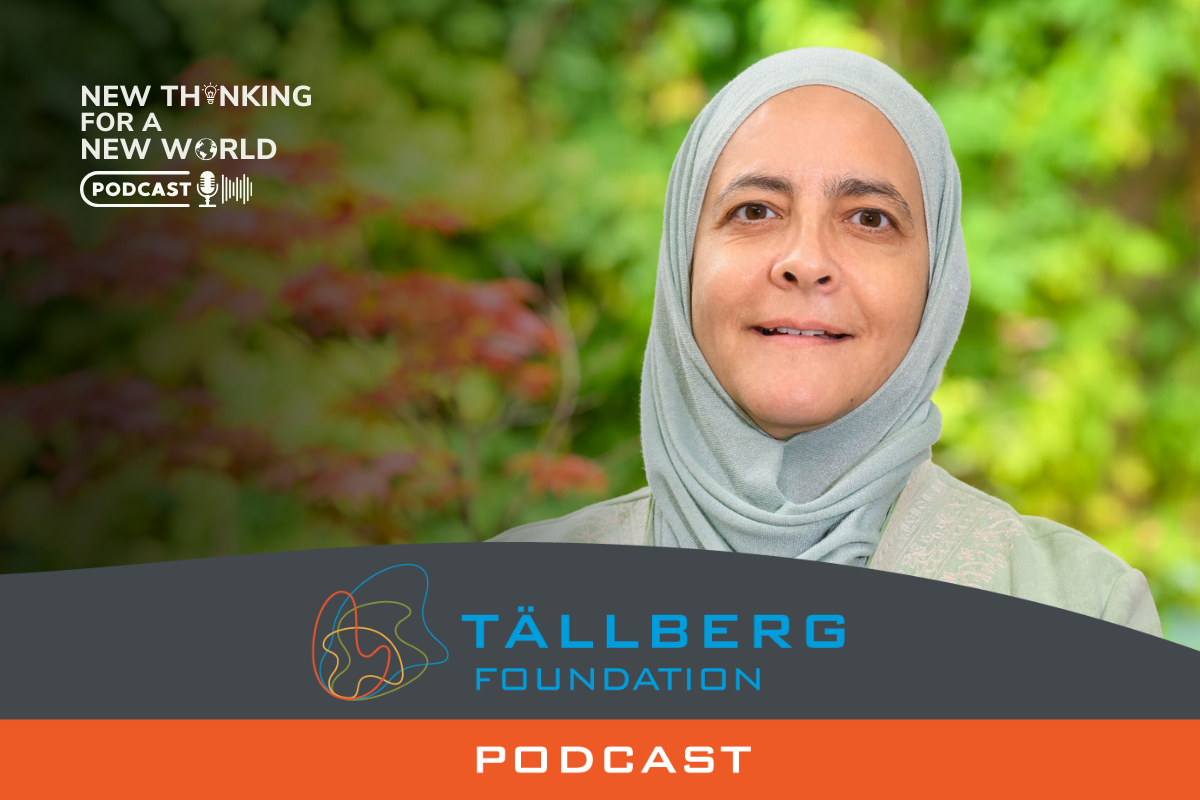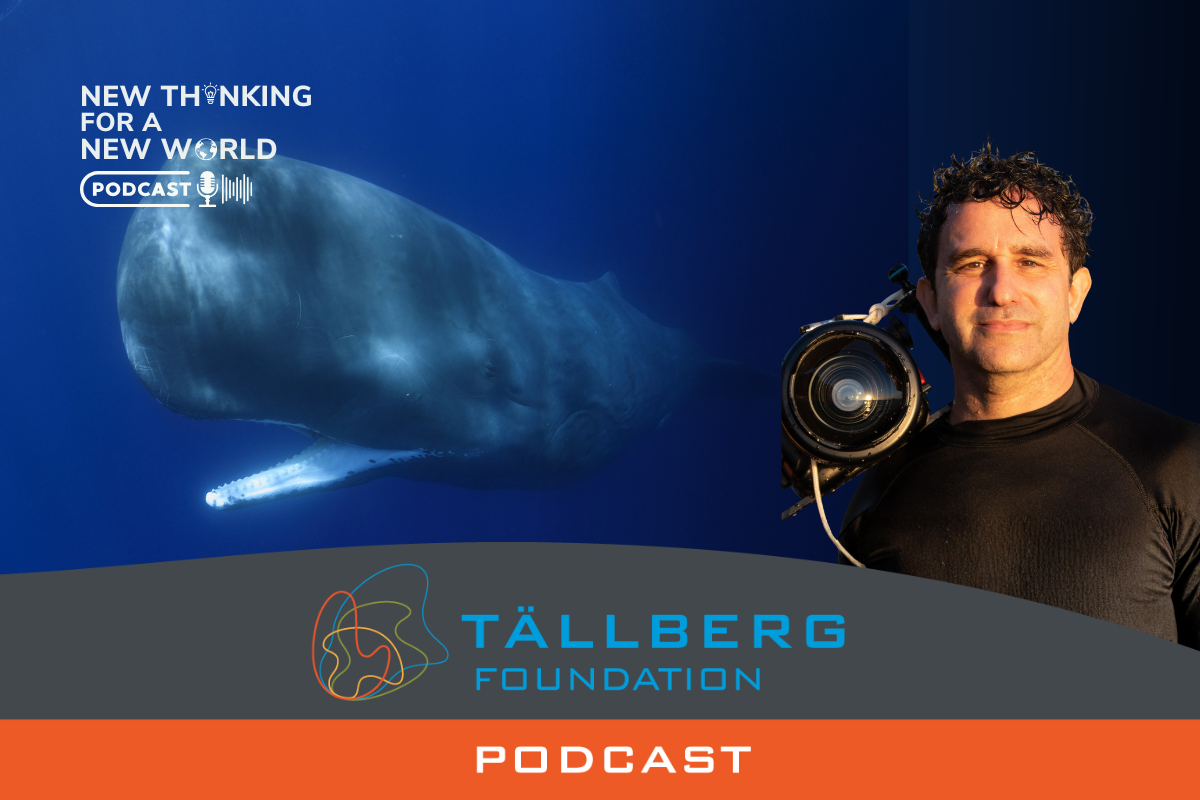When Donald Trump becomes the 49th President of the United States, the whole world will be watching, with people holding their breath in expectation of almost Biblical levels of chaos and confusion. Ironically, it seems that his return to power may be seen as less dramatic by many Americans: after all, he made his way back to the White House by somewhat unexpectedly (at least at the time) winning the Republican primaries, gaining complete control of the Republican Party, and then winning a majority of the national presidential vote.
For many Americans, Trump never went away.
The fact is that Donald Trump has dominated American and global politics like no one since Franklin Roosevelt. That’s rare company and undoubtedly will be considered outrageous by many who think Trump is no more than a lucky, narcissistic sociopath. While he may be all that, he is also incredibly powerful. In any event, the corollary is that, like FDR, Trump’s power is a function, not just of his own personality, but of his unique bond with a majority of the American people.
In other words, if you want to understand what’s likely to happen during Trump II, you need to understand the voters.
This episode of New Thinking for a New World aims to shed light on what drives the soon-to-be re-inaugurated president, at least partly by answering a simple question: why did a majority of American voters choose Trump?
Scott Miller has answers. He is a seasoned political and corporate consultant who has had a successful career electing (or sometimes defeating) political candidates and helping to build some of the most successful global American corporate brands. Miller knows Trump; so what does he think?
And, what do you think: how will Trump change America or the world? (But please tell us after you listen to the podcast!)
***
Find the New Thinking for a New World podcast on a platform of your choice (Apple podcast, Spotify, Google podcast, Youtube, etc.)
ABOUT OUR GUEST
 After graduating from Washington & Lee University, and a five-minute shot at the AFL, Scott Miller worked in advertising as Creative Director of McCann-Erickson, then founded Sawyer/Miller Group with David Sawyer. This strategic consulting group developed communications strategy for many political campaigns, corporations and institutions. Among Sawyer/Miller Group’s clients: Corazon Aquino, Vaclav Havel, Coca-Cola, Microsoft, Miller Brewing, Boris Yeltsin, Drexel Burnham Lambert, Kim Dae Jung, Goldman-Sachs, Apple Computer, Virgilio Barco, USA for Africa/Hands Across America, Lech Walesa and The Better World Foundation. Sawyer/ Miller also advised over 40 U.S. candidates for Governor or Senator and several Presidential campaigns.
After graduating from Washington & Lee University, and a five-minute shot at the AFL, Scott Miller worked in advertising as Creative Director of McCann-Erickson, then founded Sawyer/Miller Group with David Sawyer. This strategic consulting group developed communications strategy for many political campaigns, corporations and institutions. Among Sawyer/Miller Group’s clients: Corazon Aquino, Vaclav Havel, Coca-Cola, Microsoft, Miller Brewing, Boris Yeltsin, Drexel Burnham Lambert, Kim Dae Jung, Goldman-Sachs, Apple Computer, Virgilio Barco, USA for Africa/Hands Across America, Lech Walesa and The Better World Foundation. Sawyer/ Miller also advised over 40 U.S. candidates for Governor or Senator and several Presidential campaigns.
In 2012 Scott founded RealLeader.com with Pat Caddell and Bob Perkins, and in 2013 with First Lady Michelle Obama’s “Partnership for a Healthier America” initiative. During the 2014 elections, he founded “WeNeedSmith.com” and “A Promise to America” with Pat Caddell and Bob Perkins. In the 2016 campaign, they provided message strategy support to President Donald Trump.
Scott wrote “Building Brandwidth” with Sergio Zyman, former CMO of The Coca- Cola Company, “The Underdog Advantage” and “The Leadership Campaign” with David Morey and “One More Customer” with Fran Tarkenton. Former Editor of the Times of London James Harding’s book “Alpha Dogs” is based on Miller’s work in politics. Scott is a member of the Council on Foreign Relations and is a Fellow of the Tallberg Foundation.




Thanks for sharing a very cogent conversation.
Alan asked a question that I share, and that I didn’t feel got answered. How has Donald Trump convinced a bit over 50% of the American voting public that he is not part of the elite at the same time that he boasts about his wealth? Scott Miller answered that Trump says whatever is on his mind with no regard for propriety (he didn’t say exactly that, but something close), but I really hope that this is not the entire explanation.
I’ll re-ask the question. How in the world is Donald Trump perceived by the working class as being the best defender of the working class? Against all actual factual data from his first administration about the economic stagnation of the working class at the benefit of the economic elites – including Trump himself? Not that his supporters bother with actual factual data, but still…
We are Watching, and waiting for the impact on the world positively or negatively…
Donald Trump becoming the 49th President would feel like a big moment for the world, but for many Americans, it might not seem so surprising. To some, Trump never really left the stage. His style and the way he connects with people remind us that he isn’t just one man; he represents the feelings of many.
A lot of people see Trump as strong and bold, someone who shakes things up. Others see him as selfish and dangerous. But either way, he has a way of making people feel like he’s on their side, especially those who feel ignored or left out. That’s why so many voted for him before and might do it again.
If Trump leads again, things might get messy, and there could be a lot of arguments. But maybe this is a chance for us all to learn something. His return shows how divided people are, not just in America but everywhere. It also reminds us of something important: instead of fighting or blaming, we need to come together and listen to each other.
What if we focused on love and care instead of anger and fear? What if we worked on understanding each other instead of tearing each other down? Trump’s leadership is a test. It challenges us to decide how we want to treat each other—not just in politics but in life.
The truth is, Trump is not the problem or the solution by himself. He’s a mirror, showing us the things we need to fix in ourselves and in our world. If we choose to act with kindness, fairness, and love, we can handle anything—no matter who is president.
So, instead of worrying too much about what Trump might do, let’s think about what we can do. Let’s work together, include everyone, and make life better for all of us. That’s the real way forward.
As Donald Trump prepares to begin his second term as the 49th President of the United States, the world watches with anticipation. His first presidency was nothing short of transformative, marked by bold actions that redefined America’s role on the global stage while deeply resonating with millions of Americans. Now, with a renewed mandate, the question on everyone’s mind is: how will Trump change America or the world?
Trump’s first term was characterized by a commitment to peace and diplomacy, setting him apart in modern American history. Remarkably, he remains the only U.S. president in recent decades who avoided starting a new war. Instead, Trump focused on de-escalating global conflicts and brokering peace agreements that many thought impossible.
One of his signature achievements was the Abraham Accords, a groundbreaking series of agreements that normalized relations between Israel and several Arab nations, including the United Arab Emirates, Bahrain, Sudan, and Morocco. This historic milestone also included the first-ever direct flight between Israel and an Arab country—a powerful symbol of hope and cooperation in a region long marked by division. These accords not only strengthened ties among former adversaries but also laid the groundwork for a more stable Middle East.
In addition to fostering peace abroad, Trump pursued a foreign policy centered on “America First,” prioritizing the nation’s interests while promoting global stability. His administration negotiated ceasefires and de-escalation agreements in volatile regions, from the Korean Peninsula to parts of the Middle East, proving that diplomacy paired with strategic leverage can yield powerful results.
Domestically, Trump’s economic policies reinvigorated industries, created millions of jobs, and empowered marginalized communities. His tax reforms and deregulation efforts spurred economic growth, while his focus on reshoring manufacturing brought back jobs to American soil. Trump’s ability to connect with the working class and champion their causes forged a unique bond with a majority of voters, reflecting their desire for a leader who prioritizes their needs.
Now, as Trump steps back into the Oval Office, his leadership promises to bring further change. How will he shape America’s future? Will he build on his peace-building legacy to foster even greater international stability? Will his economic vision once again drive prosperity for American families?
Trump’s policies could drive significant changes both domestically and internationally. As his administration unfolds, there is considerable optimism about how these changes could positively affect Africa.
Changing America and the World
Trump’s second term is expected to focus on strengthening America’s economic foundation and global influence. By prioritizing job creation, manufacturing, and trade reform, he aims to bolster the American economy while encouraging global partnerships that foster mutual growth. His “America First” approach often includes renegotiating trade agreements, which could benefit emerging economies by opening new opportunities for collaboration.
On the global stage, Trump’s record as a peacebroker may continue to shape international relations. His leadership in facilitating the Abraham Accords showcased his ability to bring together unlikely allies. A similar commitment to fostering stability and reducing conflict could extend to other regions, including Africa, by promoting economic investment over militarization.
Positive Effects on Africa
Economic Opportunities and Trade
Trump’s policies could potentially expand U.S.-Africa trade relations. By fostering bilateral agreements that focus on fair and reciprocal trade, African nations could gain greater access to American markets. This approach may boost industries such as agriculture, technology, and manufacturing, creating jobs and driving economic growth across the continent.
Focus on Investment
During his first term, the Trump administration launched the Prosper Africa initiative, which aimed to increase two-way trade and investment between the U.S. and African nations. A renewed focus on such initiatives could channel resources into infrastructure, education, and innovation in Africa, empowering local economies and communities.
Peace and Security
Trump’s preference for diplomacy over military intervention could benefit Africa by supporting conflict resolution and stability efforts. His administration’s peacebuilding approach might extend to African regions facing long-standing conflicts, providing diplomatic and economic support to foster peace and growth.
Energy and Infrastructure Development
Trump’s emphasis on energy independence and infrastructure could inspire partnerships in Africa’s burgeoning renewable energy and construction sectors. By encouraging American companies to invest in Africa’s resources, both regions stand to benefit from sustainable development.
Youth Empowerment and Entrepreneurship
With Africa’s rapidly growing youth population, policies that support entrepreneurship and skills development could have a transformative effect. Trump’s administration might prioritize programs that empower young Africans through training, mentorship, and access to capital, fostering a generation of innovators and leaders.
A Shared Future of Growth
Trump’s leadership, while polarizing, offers opportunities to redefine how the United States engages with Africa. By focusing on economic partnerships, fostering stability, and empowering African communities, his administration could play a pivotal role in supporting the continent’s growth.
Ultimately, the key to realizing these positive changes lies in building strong, respectful, and mutually beneficial relationships between the U.S. and African nations. Trump’s ability to drive bold policies could leave a lasting legacy of progress for Africa and the world.
Asian regions facing long-standing conflicts, providing diplomatic and economic support to foster peace and growth. Trump’s leadership, while polarizing, offers opportunities to redefine how the United States engages with Asia. Ultimately, the key to realizing these positive changes lies in building strong, respectful, and mutually beneficial relationships between the U.S. and Asian Nations. His administration could play a vital role to support the minority. With Asian rapidly growing youth population, policies that support entrepreneurship and skills development could have a transformative effect. Trump’s ability to drive bold policies could leave a lasting legacy of progress for Asia and the world. His economic vision once again drive prosperity for American families.